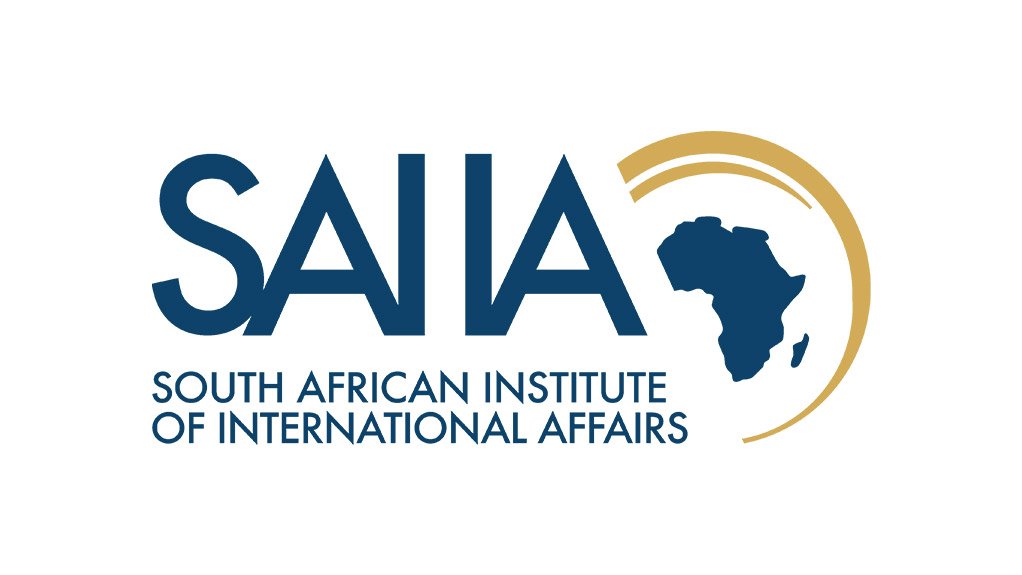The need for identification in an increasingly digital world is becoming more apparent, with over 60% of the nearly 850-million people without a legal identity found in Africa.
In April 2018, ID4Africa launched an international campaign to recognise 16 September as an annual commemoration of the importance and value of possessing and protecting legal identity. ID4Africa is a movement committed to ‘helping African nations develop robust and responsible identity ecosystems for socio-economic and digital development, and humanitarian action’. The date chosen aligns with UN Sustainable Development Goal 16.9, which sets the target of providing legal identity for all by 2030. Having a legal identity, therefore, is not merely an essential requirement of transacting today, it is also a human right.
Legal identity enables people to access basic government services, employment, education, financial services and more. However, the World Bank’s ID4D Global Dataset (2021) notes that nearly 850-million people globally do not possess an official form of identification. This means that they are excluded from the services accessible through legal identity and do not benefit from it.
Africa accounts for over 60% of this figure. More than 540-million people on the continent do not possess a legal identity. This can be traced back in part to a failure to register births, leaving many people without birth certificates and unable to obtain identity documents later in life. According to the African Union (AU), the number of unregistered births in Africa could increase in the coming years as the population grows and by 2030 more than 100-million children on the continent could lack this crucial foundational identity document if steps are not taken to address these issues.
The need for robust and verifiable identification in an increasingly digital environment is becoming more apparent. Many services in both the public and private sectors are shifting to digital formats that require robust security mechanisms and identity verification of users. As AI tools continue to evolve, several mechanisms for verification and safeguarding of identity are emerging. But at the same time, these technologies are also introducing new threats and risks to this environment, such as deep fakes and attacks on digital databases storing sensitive information.
Many countries are also opting to move away from paper-based identification documentation to digital forms of identification. Several countries in Africa are currently in the process of rolling out digital identification programmes. Generally, this also entails the large-scale collection of document bearers’ biometric data (apart from photographs) – most commonly fingerprints or, in some cases, iris scans.
But, as shown in this SAIIA Policy Brief drawing on the experience of implementing digital identification in Ethiopia and Uganda, these systems – while meant to be inclusive – could exclude certain members of the population and put others at risk of discrimination. In the case of Uganda, for example, a citizen was unable to collect a social welfare grant for two years due to an incorrectly recorded date of birth, the result of an administrative error at registration. Exclusion could also happen when the prospective bearer of an identity document is unable to register their biometrics, for example, fingerprint collection among manual labourers is often difficult and sometimes impossible because their fingerprints are worn away.
The campaign to recognise 16 September as an annual day to commemorate identity has gained global interest, but widespread adoption of the day is a long way off. So far, only Liberia, Madagascar, Namibia, Nigeria, and Niger have taken formal steps to recognise the day as a national commemoration. The Identity Day Campaign also has support from more than 200 international organisations, including ‘development agencies, government, non-profits and institutions of public interest, such as civil society organisations’.
The AU acknowledges the importance of SDG 16.9, identity for all, included also in its own development agenda for 2063. The need for commemoration of a day dedicated to identity may not seem apparent at first, but there is great value in being reminded of the true importance of legal identity and the burden of existing without one in a time where vital, often life-saving services, can only be accessed through the possession of such a document. Identity Day highlights an often taken-for-granted element of citizen-state engagement but one that will not diminish in importance and until the 850 million is included, can be a powerful reminder of the work needed to achieve development goals.
Research by Isabel Bosman
The views expressed in this publication/article are those of the author/s and do not necessarily reflect the views of the South African Institute of International Affairs (SAIIA).
EMAIL THIS ARTICLE SAVE THIS ARTICLE ARTICLE ENQUIRY FEEDBACK
To subscribe email subscriptions@creamermedia.co.za or click here
To advertise email advertising@creamermedia.co.za or click here











